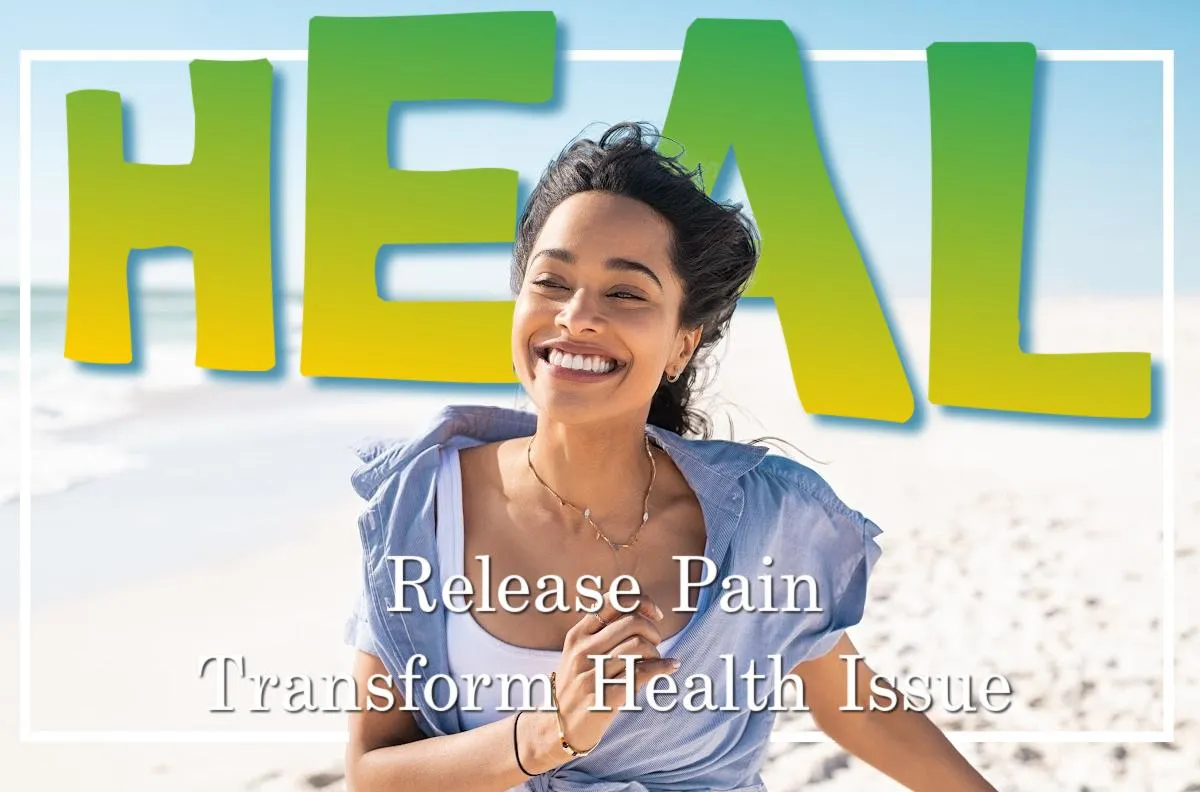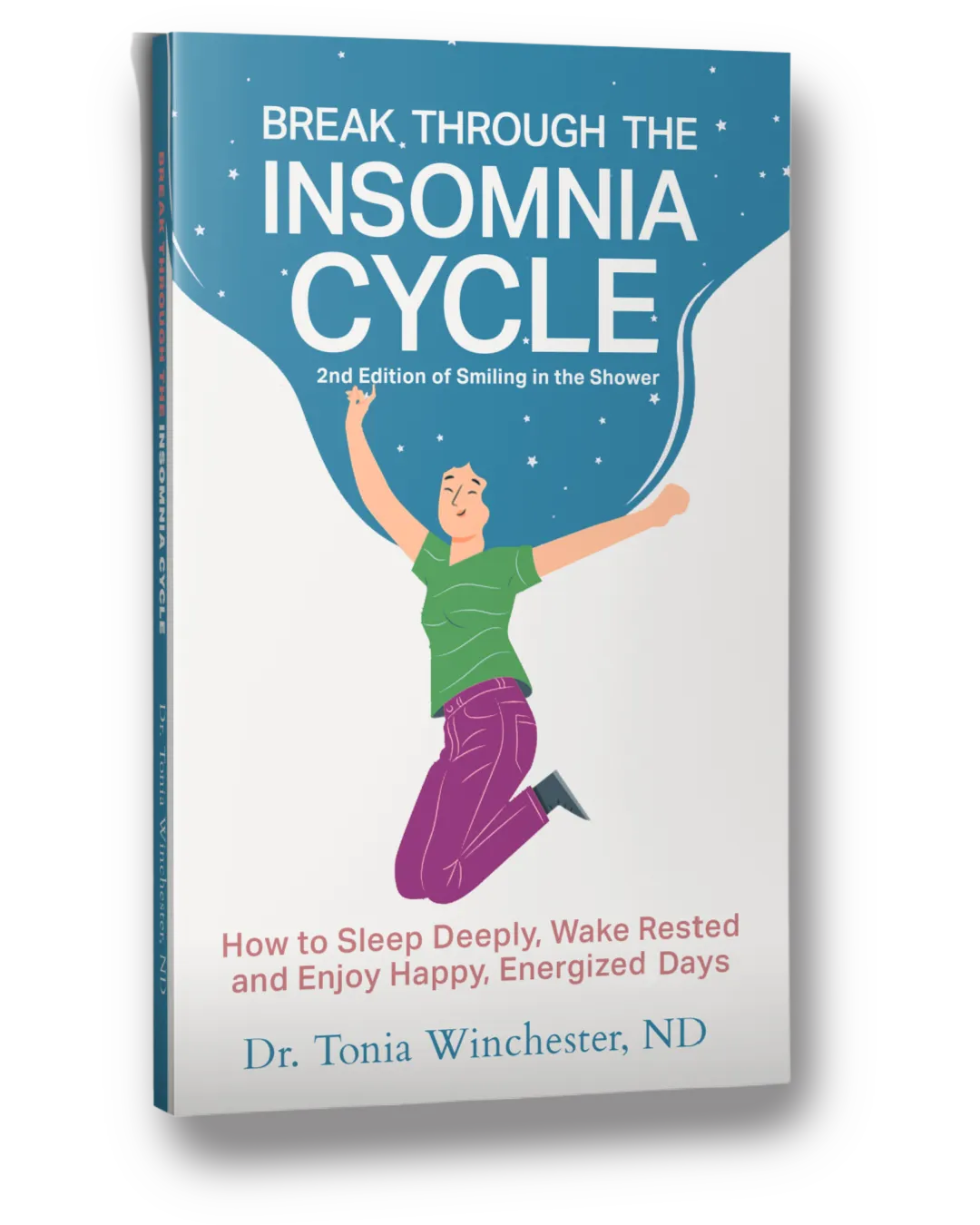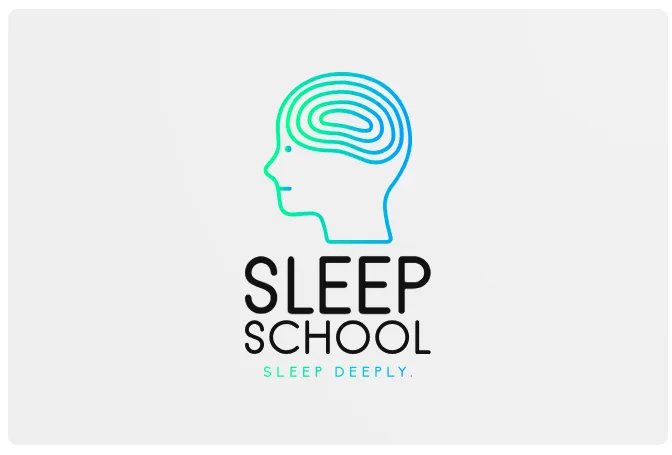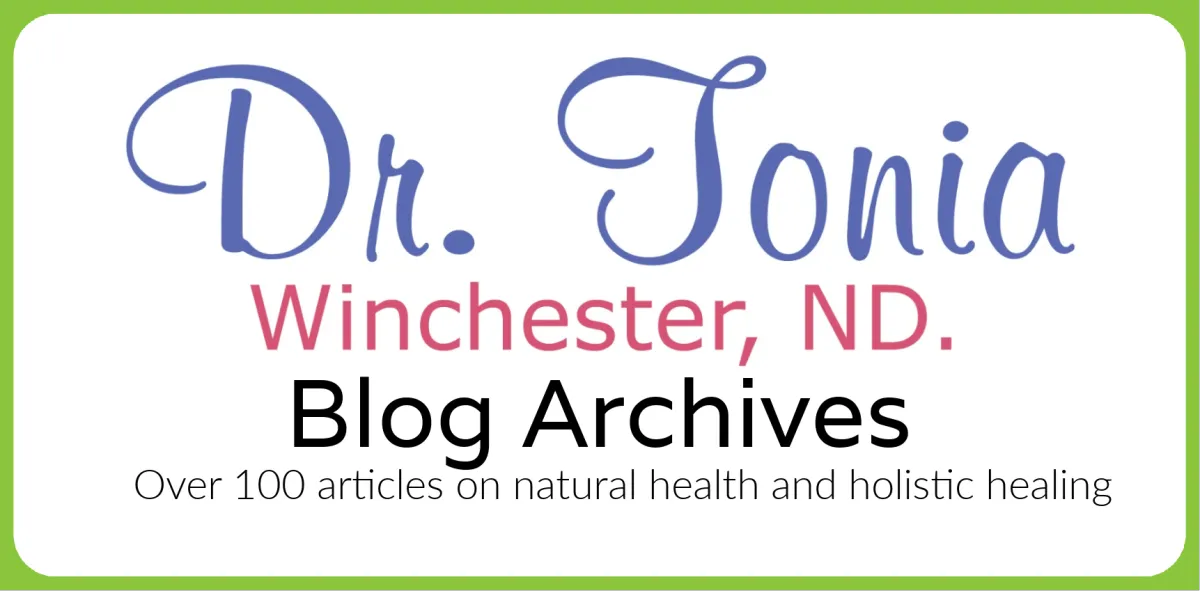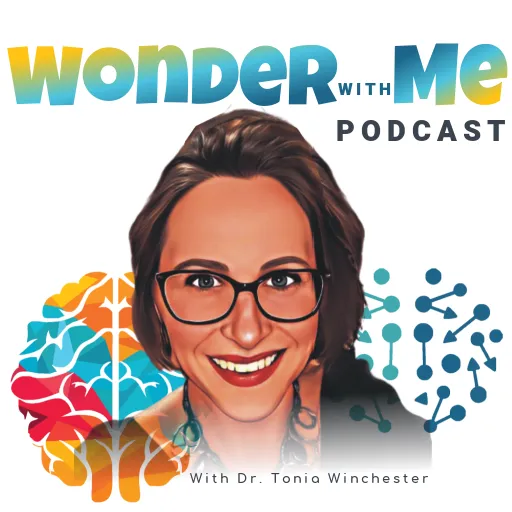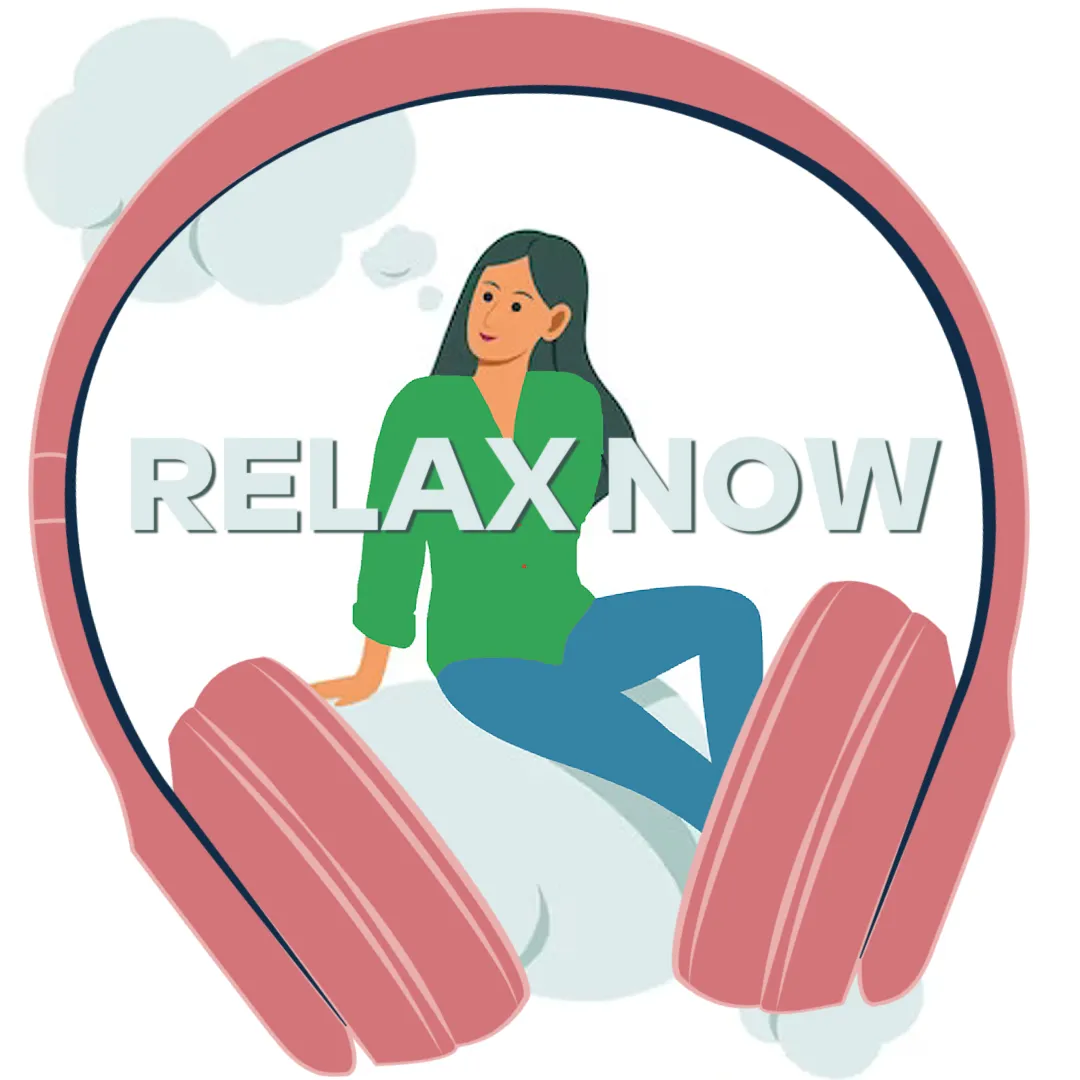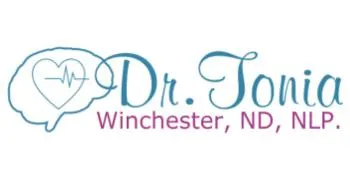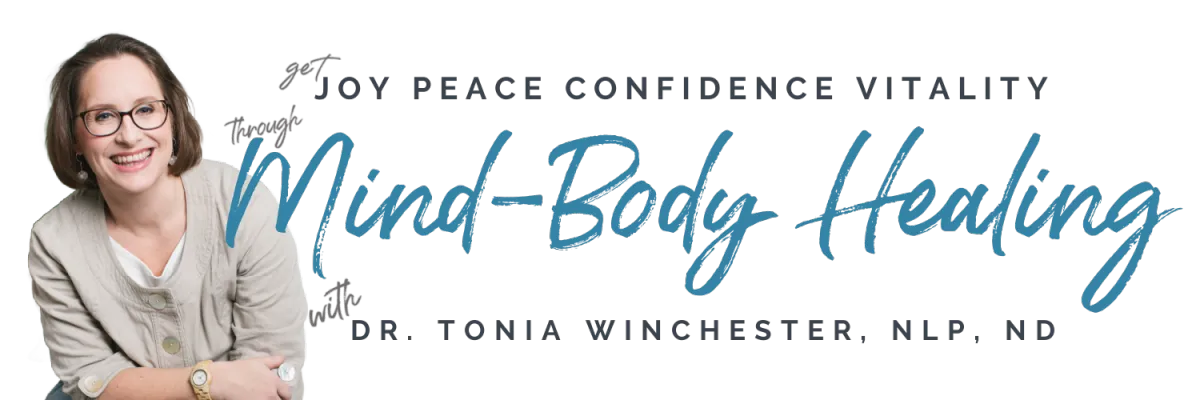
Videos, Podcasts, Articles
for All things Mind-Body Healing
Tonia Winchester Coaching
Need Help? Call or text us at (778) 743-1277
POSTS, PODCASTS, VIDEOS
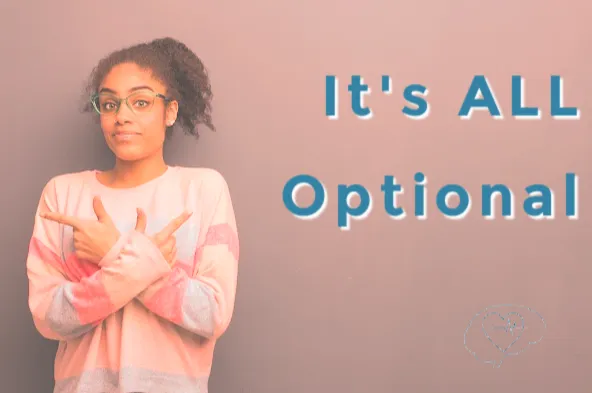
It’s ALL Optional
"Whether it's your health, your habits, your suffering, or your struggle. It's all optional." - Dr. Tonia Winchester
What is struggling? What is suffering?
How much of it is necessary?
How much of it is optional?
What about our habits or choices that lead to our struggle and suffering?
How much of that is optional?
We chat about exactly that in this episode. We'll talk about what is and isn't optional when it comes to our choices, health, healing, struggling, and well-being.
Come wonder with me!
DISCLAIMER: This podcast is not in any way, shape, or form designed to be therapeutic, clinical, or medical advice. This episode isn't specifically about bioidentical hormones and advocating for them or not. The two conversations that inspired this episode related to that topic. If that's something that you're wanting to talk about, please see your naturopathic doctor in your local area. If you're local to me—that's Central Vancouver Island, British Columbia—I’d love to meet you as a patient and help you out with that or at least have a conversation about it. But that's not what this conversation is about today….
LISTEN IN HERE:
OR CLICK HERE TO LISTEN IN ON YOUR FAVORITE PODCAST PLATFORM
PREFER TO READ?
If you'd prefer to read an approximate transcript scroll to the bottom of this post.
SHOW NOTES
EPISODE 41 - 2 Stone Cold Truths You Can't Deny About Health
EPISODE S1.E12 - 4 Steps To Change Bad Habits into Good Ones
EPISODE S1.E03 - How My Body Finally Decided To Release Weight
BOOK: Thinking Kindly: 7 Steps to Stop Self Criticism and Turn Negative Thoughts into Positive ones
Thank you so much for being here and tuning in.
🧠💗💫May you choose to make all your dreams come true!
Dr. Coach Tonia Winchester, ND, NLP
APPROXIMATE TRANSCRIPT (AI generated summary)
Hello and welcome back to another episode of the Wonder With Me podcast. I'm your hostess, Dr. and / or Coach Tonia Winchester. This is episode 43, It's All Optional. This episode came about after several conversations with different people over the last few weeks, two of which centered around prescribing hormones for patients. And voila, this episode was created. So in it, we're going to get really curious about suffering and struggling and what exactly is and is not optional. I hope you get a lot of helpful things that you can apply in your own health and your own life today. So with all of that being said, let's get into it. Let's get wondering.
Several weeks ago, after meeting with a patient for the second time, after prescribing some bioidentical hormones for her perimenopausal symptoms…
I will take this opportunity right now to reiterate that this podcast is not in any way, shape, or form designed to be therapeutic, clinical, or medical advice. And this podcast isn't specifically about bioidentical hormones. However, both of these conversations that inspired this episode related to conversations about that. If that's something that you're wanting to talk about, please see your naturopathic doctor in your local area. If you're local to me—that's Central Vancouver Island, British Columbia—I’d love to meet you as a patient and help you out with that or at least have a conversation about it. But that's not what this conversation is about today….
…So back to our story: meeting with this patient for the second time, it was about eight weeks after initiating a hormone prescription for this person. She came back to me and said she was feeling so good. That's quite common to hear when women get put on bioidentical hormones. The most common thing I'll hear from women is “Oh, I feel like myself again.”
Their irritation has calmed down; their moods have settled; their sleep has deepened; anxiety has lessened; and they're facing each day with a far more positive outlook.
And this patient said, “Do I have to be on these forever?” And that's a fabulous question.
Now before I tell you how I responded to her question, I want to share my ideas and philosophy on stuff that we take. And by stuff, I mean supplements and remedies.
I'm not a big advocate of things needing to be in place for life in most scenarios. If I get a patient started on a set of remedies because I anticipate they do exactly that—remedy the problem—it makes perfect sense that that remedy should not have to be in place forever. If I'm saying that about a remedy, then I'm not doing my job properly.
However, supplements can sometimes be different. Supplements are things that we take to add nutrition into our diet. When we think about the formula for health—which we've covered extensively in other episodes—we need to be nutrifying on all levels.
Right now I'm speaking quite biochemically and physically.
So to distinguish: a supplement is something we take in addition to ideally an awesome diet. A remedy is something we take to change how the physiology of the body is functioning in a pretty specific and targeted way so that area of the body or the entire body goes back into healing mode and the symptoms—the disease state—ideally resolve.
Remedies in my mind are ideally just catalysts to do exactly that: get the body back into healing mode versus supplements might need to be in place longer term because sadly the state of our environment and our world means there are some things we're just not getting access to in our food alone.
You know those old survivor episodes where they were allowed to take one personal item with them? I used to always joke that if I was in that scenario and had to pick one personal item to take with me, it would be vitamin D because where I live at the latitude that I live, we're just not getting enough most of the year. So even though I'd be on this deserted island, I joke that I would still take vitamin D—that's how important it is to me. That's something for me that's just going to be a lifelong thing.
A different example here: say someone comes to me with burnout and they're wanting some herbal medicine support with that and we put them on a combination of what we would call adaptogenic herbs. Now in this instance, that being a lifelong thing is bad, complacent, lazy medicine. We can use those herbs as allies to get their physiology tonified again while we're investigating and clearing the root cause of that stress and anxiety or fatigue—maybe one month, maybe two months, maybe three months—that's my upper limit of comfort with that type of thing.
If the patient says they need to stay on it longer than three months then we haven't gotten rid of the underlying stress causing them burnout and exhaustion in the first place.
Okay so I think we're all on the same page now: This patient says, “Do I have to be on these forever?” And I respond in this way: A decade ago when I was learning how to prescribe bioidentical hormones at one of our naturopathic conferences, a gynecologist (who wore an adorable bow tie) focusing on functional bioidentical hormone prescribing in his practice, he showed this picture of an elderly couple who were both hunched over looking very sad and frowny with their walkers.
He said, “This is a couple aging without hormones.” Oh okay good-to-know. He flips the slide to a picture of an elderly couple where one has her foot kind-of kicked up behind her, back arched, both smiling and wearing party hats looking very vital—and he says. “This is the couple aging with hormones.”
After telling that story I said to the patient, “Everything I'm suggesting recommending it's all optional.” She gulped swallowing digesting what I'd just said.
It’s all optional. Your habits are optional, the good ones, the not-so-good ones.
It’s all optional. And so is your health and wellbeing. It’s all optional.
Now I recognize that yes, some things exist in our physiology as a baseline that are really uncomfortable and problematic things.
But for the most part, what I'm really talking about here is the experiences in our body that are caused because of the choices that we're making in our day-to-day life that are putting the body into an inflamed state, essentially disease mode and creating symptoms for us.
In these instances, that struggle, that suffering is optional because what is not optional is the consequences of what is optional.
Said in another way, what is inevitable are the consequences of the choices that you're making every day, whether they're positive choices or less than positive choices. No matter what you choose to do, there's going to be a consequence of that.
That's the part that's not optional, but the choices that you make are optional.
And I might even suggest that even that first example of disease and illness that I suggested that isn't related to lifestyle stuff, the struggle around it might still be optional. I know. Woof. There's a Buddhist saying that says, “Pain is certain and suffering is optional.”
So this patient swallows what I'm saying. “You know what? Everything I'm suggesting is optional. You don't have to do any of this. This is all on you, your decision. And frankly, I support whatever you decide is going to be best for you because I'm not in your body. I don't know what it's like. All I know is that you've come back here today after eight weeks of being on these hormones and you say you feel so good. So up to you entirely how you want to proceed.”
The second conversation with a different patient, most recently, went something like this. Patient, “I don't want to suffer anymore. I especially don't want to suffer if I don't have to.”
It's like she already knew that suffering is optional. She asked, “Can we talk about maybe prescribing me some hormones? I've got this, this, and this, and this symptom.”
I said, Yes, let's have a conversation about what you're going through and if it would be safe for us to proceed with that type of prescription.”
As naturopathic doctors, we take a Hippocratic oath. First, do no harm, which is the first tenant in naturopathic philosophy. I tell her the story of this gynecologist and his two slides and how contrary they were to each other. And she just said, “Yes, exactly. I want to age like the couple with the party hats. I know I don't need to suffer any longer.”
It's all optional.
What I'm really talking about here is the responsibility that we can claim for ourselves to maintain a sense of our own inner peace. That's the big chunked up idea here. Everything that we do or do not do has the potential to cause us stress and suffering.
But everything we do or don't do also has the potential to light us up and fill us with joy, peace, energy.
We can choose these as options.
I've spoken about this several times on this podcast. I've been on a weight release journey for three-ish years now. I think I've released about 60 pounds. I don't actually know for sure because I don't actually know where I started.
Side note, wherever you are right now, it's the perfect time to start choosing new options.
People see me and they say, “Wow, what are you doing?” And I first explain, “Actually, I prefer to tell you what I did, which is get pain and trauma from the past out of my physiology so that my body was primed and ready to go back into healing mode.”
And from then on, it's good habits. I eat according to my own physiological biochemical needs. I'm adequately hydrated. I generally get enough sleep. I don't have a stressful life because I choose not to have a stressful life because it's optional.
And don't worry, I'm with you. When I hear myself say that out loud, I even roll my eyes. I'm with you because sometimes life goes in a really uncomfortable direction.
What I am taking a stand for today is that our struggling and suffering when things aren't going well is optional. When we resist what is, we're energetically inviting it to stick around.
So if we can stay centered and internally connected to our own sense of peace, it will lessen the intensity of those things that are not good - by a huge margin. So suddenly stress becomes less stressful as an option.
I choose every day to have my meals planned out ahead of time.
I choose every day to cart all my food with me for the day when I'm going to be gone for the entire day because I want to make sure that I'm fueling my body with the nutrition that it wants.
It's optional for me to carry with me several water bottles filled up with my gorgeous forest house well water because I want to have clean water.
It's a choice I make to aim for seven hours of sleep every night.
And it's also a choice when I go out salsa dancing and end up home at 2 am that I'm probably not going to get that seven hours of sleep. That's an option too.
And I hear commonly from people, “I don't have time to take care of myself.” Yeah, that's an option. You can definitely consider it that way. And how we can interpret that is if that's true, that you don't have time to take care of yourself, then you do have time to not take care of yourself.
I’m guessing 90% of patients I’ve had over the years are chronically dehydrated when I meet them. And when I let them know how much based on their body weight, they need to be consuming their jaws drop. And they say, “There's no way I can get that much water in. I just don't have time.” Commonly they complain, “I'm going to just be peeing all the time.” Yeah. That’s normal, not pathological.
Headaches are a common symptom related to this type of dehydration. People rely on daily anti-inflammatories or pain relievers to get relief from their headaches, but often, the root cause is just dehydration.
And they say they don't have time to drink more water. Well, then they do have time to have a daily headache. That circles us back to the very first conversation. Do I need to be on these for life? These people are choosing to take these medications every day for life because they're not willing to address the root cause of getting enough water, right? Do you see how this is working? It's all optional.
Let’s recap what we've been getting curious about today. We've been getting curious about how much of our struggle and how much of our suffering is mandatory and how much of it is optional. I'm hoping that you are starting to see that a lot of it can be optional.
We've also been getting curious about our habits and how our habits influence our wellbeing and how those habits are optional and therefore our wellbeing becomes optional.
We also were getting curious about how our inner state of peace is also an option for us that we can claim that we can take responsibility for in any given moment.
I'm curious about you. What landed from this episode today? What didn't feel good that you heard from this episode today?
If something felt like a bit of a frying pan to the face, that's important information for you to get. What triggered you to lose access to your sense of peace? There's gold there. Healing, healing gold there.
If you're someone who tends to have a hard time staying connected to your sense of inner peace, there's a lot that we can do and I'm happy to help you out with that. One option is my new book, Thinking Kindly, Seven Steps to Stop Self-Criticism and Change Negative Thoughts into Positive Ones. You can find that at toniawinchester.com.
Another thing I'm happy to help with is one-on-one work where we do mind-body healing and coaching that can a shift your perspective, invite you to change your position, clear any pain that might be going on from the past that might be triggering you into these states of suffering and struggle, and basically reset your neurology so that you are primed to stay connected to your inner sense of peace as an option should you choose.
You can also find information about that at toniawinchester.com there's lots of information on that page and a message box to reach out.
At the end of the day I want you to remember that you have options and if you're thinking that you personally are having trouble accessing some of those more positive options, those positive ways of being inside you, please reach out. I love helping people with this. It's what I live for.
So without trying to turn this episode into that Roxanne drinking game where you drink every time they say Roxanne or red light or whatever however it goes, please don't drink every time you hear the word “option” or “optional” while listening to this podcast.
Instead, here’s an option! Go back and re-listen to it and take a nice deep breath every time I say the word “option” or “optional.” Oh you're gonna feel so good by the end of this 20 minutes. Thank you so much for being here. Thank you for listening.
Thank you for getting curious about your own well-being. I wish you all the best.
I'll see you in the next episode and until then may you choose to make all of your dreams come true.
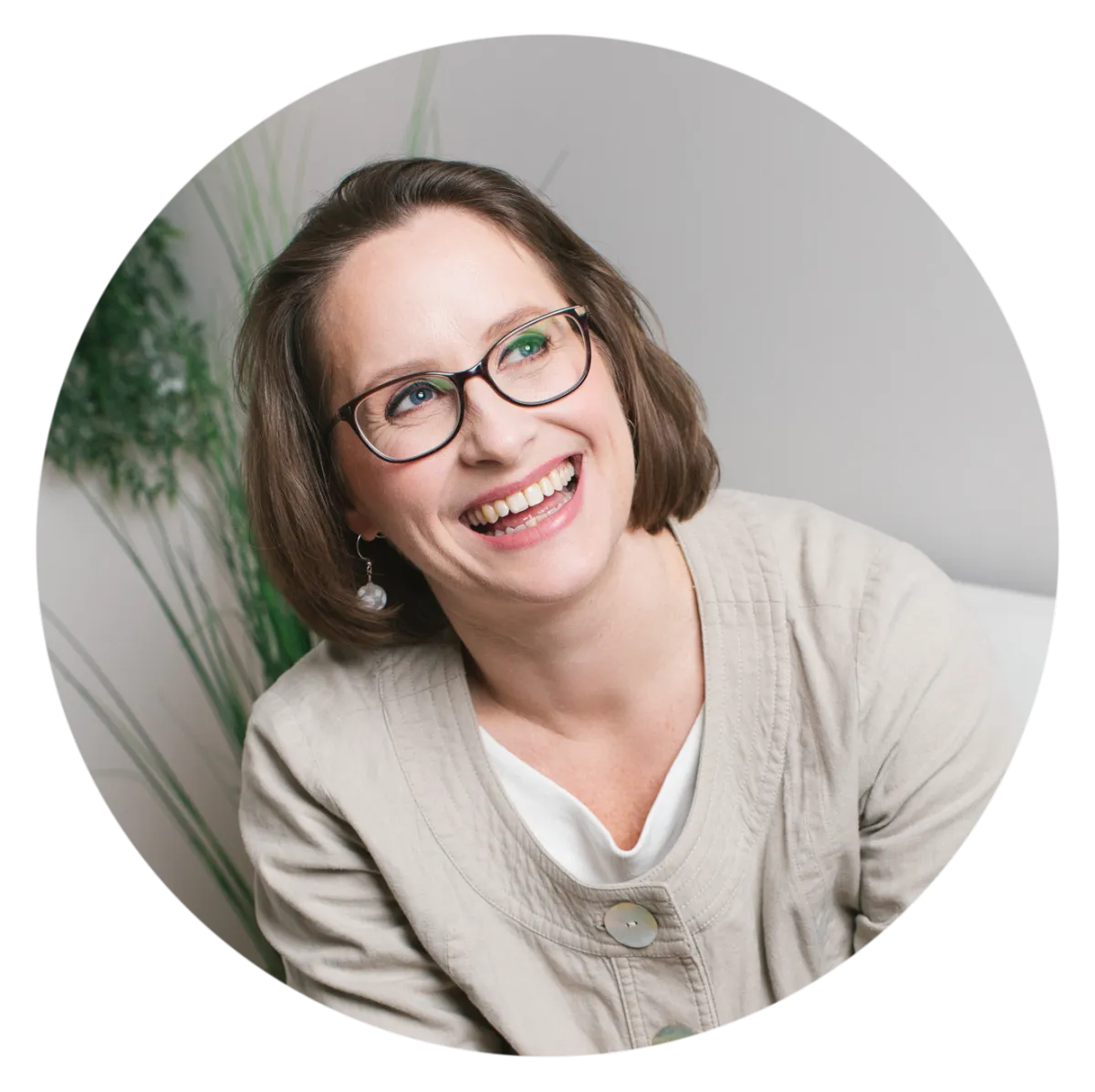
I help every day folks
release the painful imprint of the past, Shift their perspectives, create healthy habits so they can Enjoy exceptional lives!
My clients are people stuck in their health or lives with burnout, insomnia , anxiety, or stress. After working with me they can calm their minds, sleep deeply, and find joy and energy again - all with out talk therapy or medications.
FOR SUPPORT ISSUES OR QUESTIONS, PLEASE EMAIL: vitality@toniawinchester.com
Copyright @2022 -2025 · Tonia Winchester · All Rights Reserved
This site is not a part of the Facebook website or Facebook Inc. Additionally, this site is NOT endorsed by Facebook in any way. FACEBOOK is a trademark of FACEBOOK, Inc.



